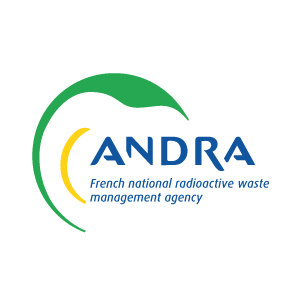NuSalSus: Nuclear Waste Disposal and Sustainability
The Nuclear Waste Disposal and Sustainability (NuSalSus) project is a collaborative project between Waste Management Organisations to exchange information and identify research needs with regards to sustainability in relation to nuclear waste disposal.
Overview
Project Status: Ongoing
Website: N/A
Sustainability plays an important role in the disposal of nuclear waste. The environmental, economic and social dimensions of sustainability and the challenges that accompany them have an impact on the implementation and operation of repositories. These include, for example, as small as possible environmental impact and greenhouse gases (GHG) footprint, cost optimisation but also knowledge management for future generations. General and specific questions arise regarding the practical implementation of sustainability tasks. These include amongst others:
- What exactly does sustainability mean in terms of implementation and operation of repositories for nuclear waste?
- What are the specific tasks for environmental as well as economic and social sustainability in this context?
- What measures can a WMO charged with implementation and operation of a radioactive waste repository take to make this process sustainable?
In order to address this topic within the IGD-TP, BGE proposed as a first step to organise a focused workshop on sustainability in the different phases of repositories for radioactive waste. The main objectives of the project workshop were:
- Discussion of the common understanding of sustainability in relation to nuclear waste disposal.
- Overview and exchange of the concepts, measurement or practices of the IGD-TP members.
- Identifying further questions of sustainability and nuclear waste disposal (R&D demand).
As a result of the workshop a questionnaire to identify priority topics was disseminated. The questionnaire identified the following main topics of interest:
- Material development & selection (CO2-low concrete / CO2-low steel).
- Extending life cycles (re-use of excavated materials / recycling processes).









